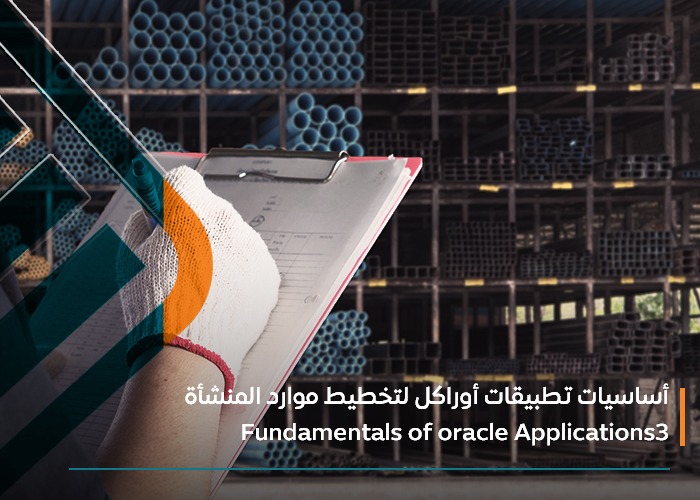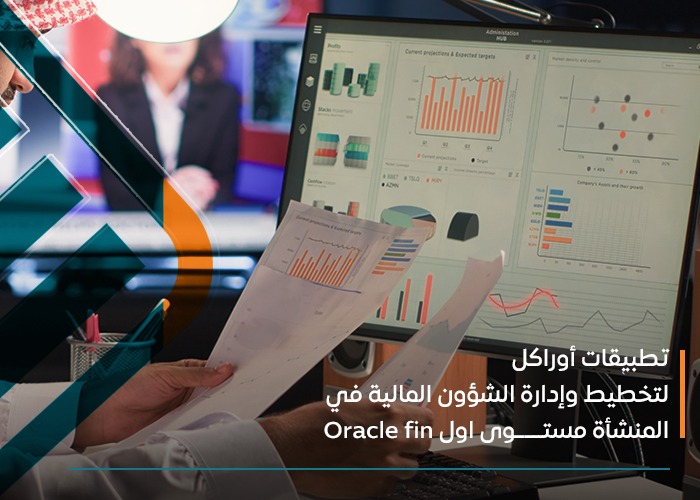
Program Objective:
Develop and enhance the trainees’ skills in managing events efficiently and effectively.
Skills the Program Aims to Develop:
The ability to manage events with efficiency and effectiveness.
Objectives:
-
The concept of events
-
The concept of event management
-
The stages of event management
Outcomes:
Upon completing the training program, the trainee is expected to be able to:
-
Identify the concept and nature of events efficiently and effectively.
-
Define the concept of event management accurately.
-
Apply the stages of event management precisely and proficiently.
-
Course title
Event Management -
Overall time
35 Hour -
Overall days
5 Day -
Course type
- Online
- Offline
About course
Do you want to learn how to successfully manage events and make the most out of them? This Event Management course is your opportunity to learn successful event organization strategies, from planning and execution to evaluation and analysis. In this specialized course, you will learn how to manage various types of events, including private, public, and conferences, as well as how to use modern tools and techniques to organize events and achieve outstanding results.
Through practical training and interaction with experienced trainers, you will develop skills in coordinating teams, using technology to enhance event organization, and measuring event success using Key Performance Indicators (KPIs). If you aim to become an exceptional leader in event management, this course is perfect for expanding your knowledge and achieving your professional goals.
Event Management Phases: From Planning to Execution and Evaluation
Event management is a complex process that requires careful planning and precise execution. In this article, we will explore the main phases of event management that ensure the success of any event, whether it’s a conference, party, or business event. If you aim to become a professional in event management, understanding these phases is the foundation for success.
-
Initial Event Planning
The first step in event management is initial planning. During this phase, the event's goals are precisely defined, such as the type of event, the target audience, the venue, and the necessary resources. It is crucial to create a timeline that outlines all activities and sub-events throughout the event.
-
Budget Preparation
Budgeting is a vital phase in event management, as it determines the financial resources needed to cover all costs, including the venue, advertising, and equipment. The budget should also account for unforeseen costs to handle any challenges that may arise.
-
Venue Selection and Logistics Organization
Choosing the right venue is one of the most important phases of event management. The venue should be appropriate for the type of event and the number of attendees. Additionally, organizers need to arrange logistics related to the venue, such as sound and lighting setups, catering services, and other facilities.
-
Event Marketing and Promotion
Marketing is one of the key factors for a successful event. Effective marketing strategies must be employed to reach the target audience, whether through social media advertising, email invitations, or paid ads. These efforts ensure a large audience attends the event.
-
Event Execution and Management During the Event
When it’s time for the event, all preparations should be complete. In this phase, organizers need to ensure the event runs as planned. This includes coordinating teams, ensuring compliance with all guidelines, and dealing with any issues that arise quickly.
-
Evaluation and Analysis After the Event
The final phase of event management is evaluation and analysis. Organizers must measure success using criteria such as attendee satisfaction, financial performance, and media interaction. This evaluation helps improve future events.
Event management is a complex journey that requires careful planning, good execution, and continuous evaluation. If you are planning to organize a successful event, following these phases step-by-step will guarantee an exceptional experience that leaves a lasting impression.
Sign Up Now for the Event Management Course and Start Learning the Skills Needed to Organize Successful Events!
Event Management Fundamentals
Event management is one of the essential skills needed by any event organizer or professional in this field. Event management requires a combination of good planning and effective execution, along with the ability to adapt to any changes or challenges that may arise. In this article, we’ll cover the fundamentals of event management that will help you organize successful events.
-
Initial Event Planning
The first fundamental in event management is initial planning. This includes determining the event’s goals, target audience, venue, and necessary resources. It also involves creating a detailed timeline for event activities.
-
Budgeting and Resource Management
A key part of event management is setting the budget and managing available resources. The budget must be flexible enough to handle unforeseen challenges. It should cover all costs, such as the venue, materials, and facilities.
-
Selecting the Right Venue
Choosing the venue is a vital part of event success. The venue must suit the type of event and the number of attendees. Additionally, it’s important to ensure the venue is equipped with all the necessary logistical facilities, such as sound and lighting.
-
Event Marketing and Promotion
Effective marketing is the key to attracting a large audience to any event. By using online marketing strategies such as social media, email campaigns, and paid ads, you can attract the target audience and maximize the event’s success.
-
Managing Teams and Logistics
Managing teams requires the ability to assign tasks and organize the work among the individuals involved in the event. Coordination between different teams is also necessary to ensure the event runs smoothly.
-
Evaluation and Analysis After the Event
After the event, a comprehensive evaluation should be conducted to determine its success. This includes gathering feedback from attendees and assessing performance relative to the set goals. This evaluation will help improve future event management efforts.
Event management requires a blend of organizational, logistical, and innovative skills to ensure success. By following these fundamentals, you can organize professional events that attract attendees and achieve set objectives.
Sign Up Now for the Event Management Course and Start Learning the Skills That Will Help You Organize Events Professionally!
Event Management Career Opportunities
Event management is a rapidly growing field in the job market, with many businesses and organizations seeking professionals to organize and manage various events such as conferences, exhibitions, parties, and large-scale occasions. In this article, we will explore the available job opportunities in event management and how to qualify for them.
-
Event Planner
One of the key roles in event management is that of the event planner, who is responsible for organizing all aspects of the event, including planning, venue selection, budgeting, and coordinating with all parties involved to ensure the event’s success.
-
Event Coordinator
An event coordinator organizes the various activities during the event, such as coordinating schedules, communicating with different teams, and ensuring everything runs smoothly. This position is vital to ensuring the success of any event.
-
Event Manager
The event manager is responsible for overseeing the team handling the event and ensuring that all stages of the event go according to plan. This role requires strong leadership skills and the ability to make quick decisions.
-
Event Marketing Manager
Marketing plays an integral role in event management. The event marketing manager is responsible for promoting the event and ensuring that the target audience is attracted through innovative marketing strategies.
-
Corporate Event Planner
Another specialized role in event management is the corporate event planner, who focuses on organizing corporate events such as annual meetings, training sessions, and trade exhibitions.
-
Other Event Management Roles
In addition to the primary roles mentioned, there are many opportunities in this field, including:
-
Event Assistant
-
Event Logistics Coordinator
-
Event Client Relations Manager
Bader Academy: Your Partner in Preparing for Event Management Careers
If you’re looking to work in event management and seeking an accredited certificate to help you secure a prestigious job opportunity, Bader Academy offers certified training programs in event management.
Bader Academy specializes in offering accredited training programs in event management, equipping trainees with the skills and practical experience needed for the job market. With the expanding event sector, the academy provides you with the opportunity to learn and grow, ensuring you’re ready to take on prestigious roles in this field.
Bader Academy Features:
-
Accredited event management certificates.
-
Certified training that helps you build your skills and proficiency in event management.
-
Employment readiness: Bader Academy connects trainees with the best job opportunities in the market.
Event management is a growing field with many career opportunities. If you aspire to join this exciting field, training with Bader Academy is the ideal choice to acquire the skills you need and gain accredited certifications that will enhance your job prospects in the market.

































